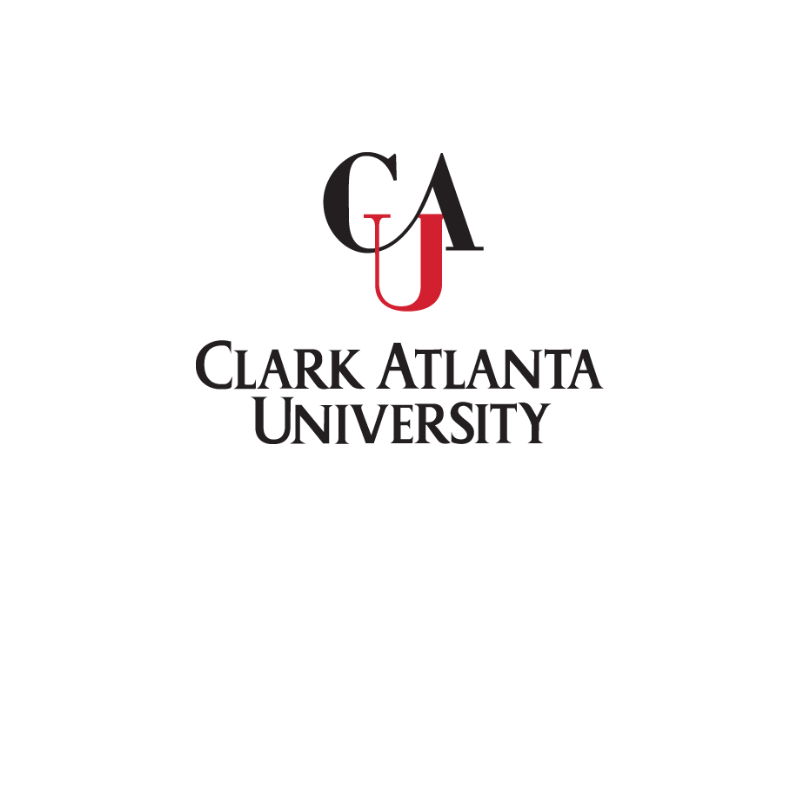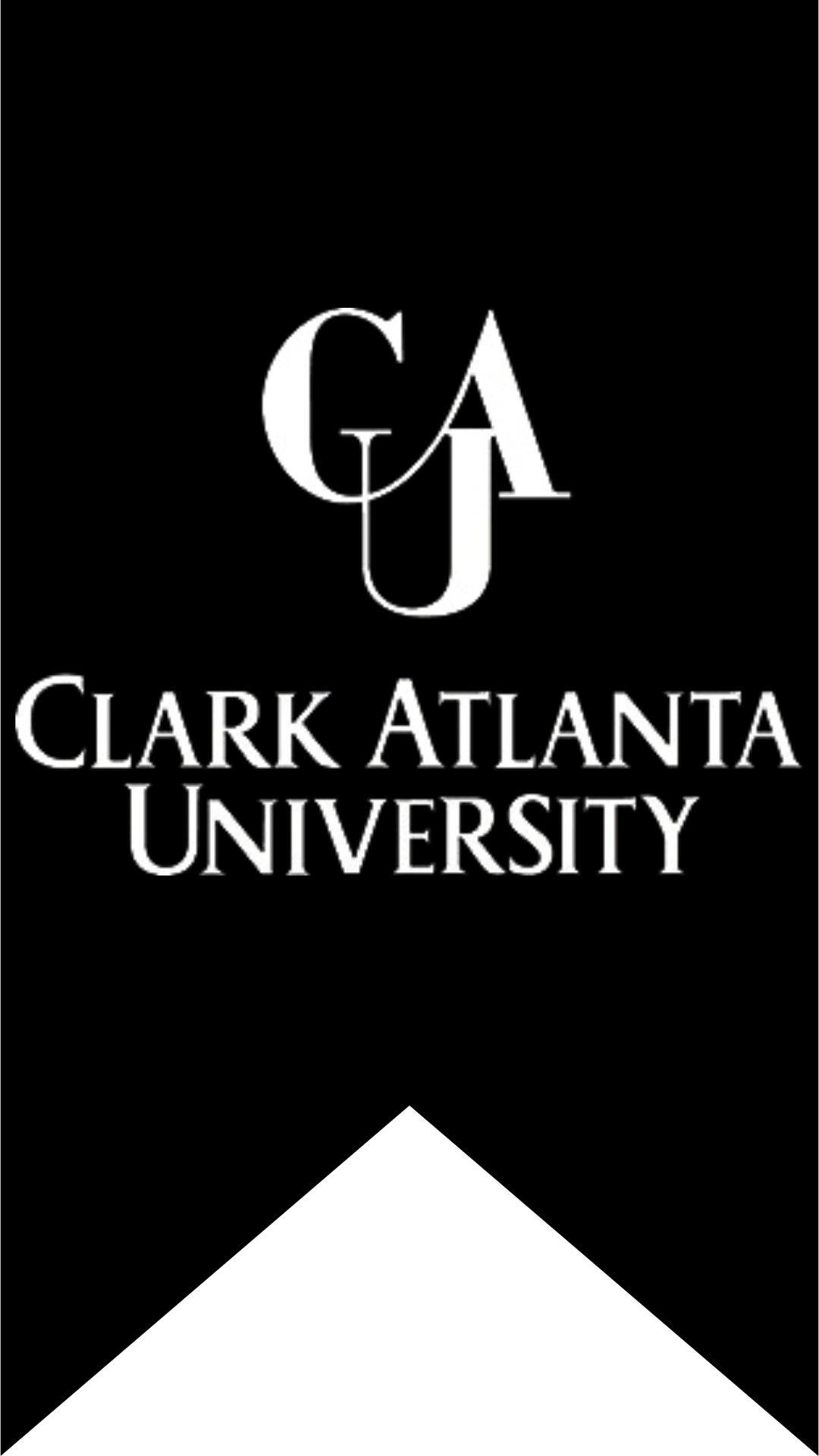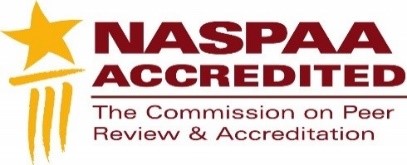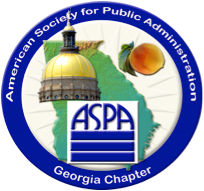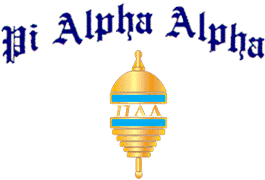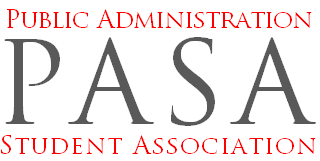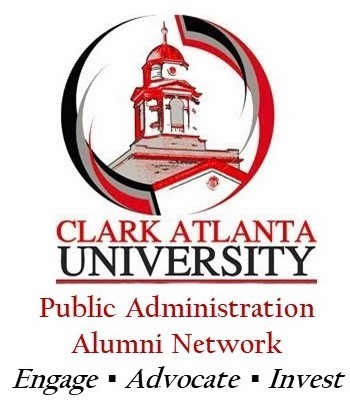School of Arts & Sciences
Unlock your full potential in both your career and personal life with the School of Arts & Sciences at Clark Atlanta University.
The Graduate Program at the School of Arts & Sciences at Clark Atlanta University stands as the largest among the university’s four schools, showcasing its prestigious stature and comprehensive academic offerings.
Encompassing 18 diverse academic departments spread across four distinct divisions, this program offers a rich and multifaceted educational experience.
It is designed to foster advanced learning, critical thinking, and professional development, catering to a wide range of academic interests and career aspirations. This vibrant academic environment is a testament to the school’s commitment to excellence in higher education and its role as a leader in shaping future professionals and scholars.
